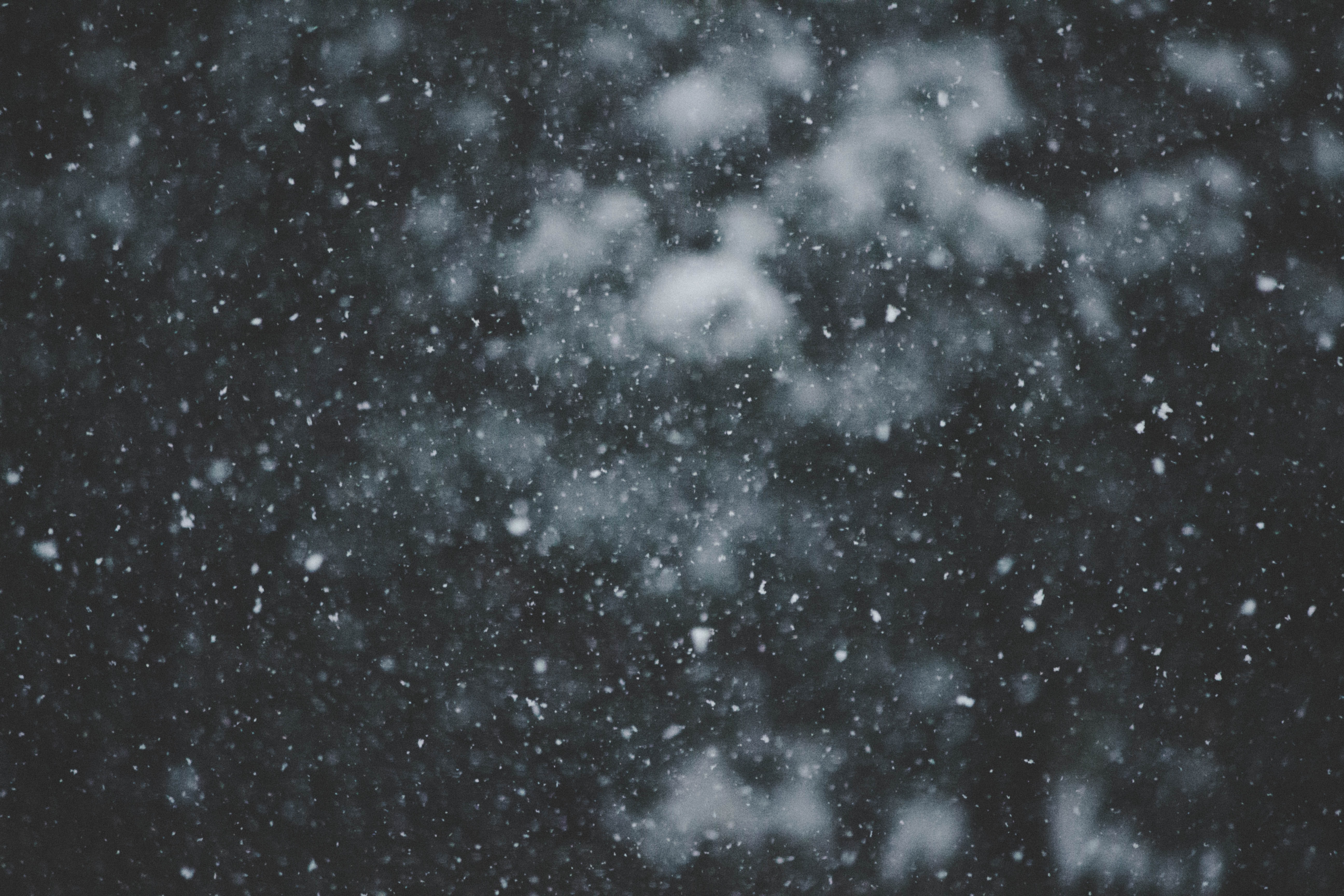CREATIVE NONFICTION
by Rina Palumbo
I see myself walking on hard-packed snow, from the fields and towards the river. It is overcast and just before sunset, only shades of grey above and white below. I see myself walking in a black coat with the hood on and holding something in my hands. This feels like something rare, a glimpse maybe, of something perfect. Or just an image. Or an embellishment of memory because I know that place. Those fields and that river. I know that as you walk towards the rocky shoreline, you have to cross an asphalt highway and walk through a small graveyard. It is fenced around now, but not then, with a zinc plaque added at some point when it was decided that it was the right thing to do. I don’t know the words, names, dates, or the history of how this tiny, now sacred place came to be. But I know that aboriginal people lived here, some of their bodies now lie here, and we know some things about them but not everything.
When I was very young, the older man who lived next door would take long walks over his fields, and I would sometimes join him. He used to tell me stories. Once, he described how abjectly poor the Wyandotte were, selling whatever they could to get money for food. I remember asking why they didn’t grow things, and he told me they didn’t know how. This seemed strange, looking at the lush rows of corn and soybeans that seemed to erupt with ease. Why didn’t they hunt, I asked, thinking about the pheasants and the deer that shotguns took down every autumn, or fish, I would ask, that is easy to do. Now, I know there is a long, complex, yet simple story that he could have told me then, but instead, he told me a lie. He told me they had forgotten how to do things like farm and hunt and fish. On top of this lie, he told me a truth. At the end, the only things they had left were the small wooden shacks they lived in and the clothes they wore and only the old ones stayed behind until all the people were gone. But what could they sell then, if they had nothing, I asked. Old things was all he had said.
In the irrigation ditches that surrounded the fields, you could dig in the fine silty earth and find: the bleached bones of small animals, usually rabbits and birds; pieces of smoothed edge pottery, ochre, and sienna; glass shards, brown, green, and the palest blue; metal, which I thought was silver but was probably nickel or tin; and stone pieces that felt like they had once been part of something else. I thought these were old things, so I kept them in a box. When I was old, I thought I could sell them too, like the people in the stories.
I walk in that grey and silent moment, carrying something towards the river. But it is getting darker, and the cold now feels as heavy as the box I am holding. I look down at it, and it looks bigger or smaller and not the same as I remember. I wonder if I should stop in the graveyard, but I don’t. I step through the blanched white fingers of polished stone, words eroded into hints of letters, and step unto the rocky beach. The current keeps the river from freezing over. The shards of ice break off and pile up again as they move silently and inexorably downstream to the ocean. The movement is hypnotic, with slow accumulation and quick escape.
I have stopped walking. I have dropped the box, but maybe I was never holding it because only cold remains.
This story originally appeared in Stonecoast Review Issue 17.
Photo by Aditya Vyas.
